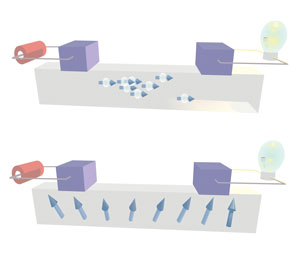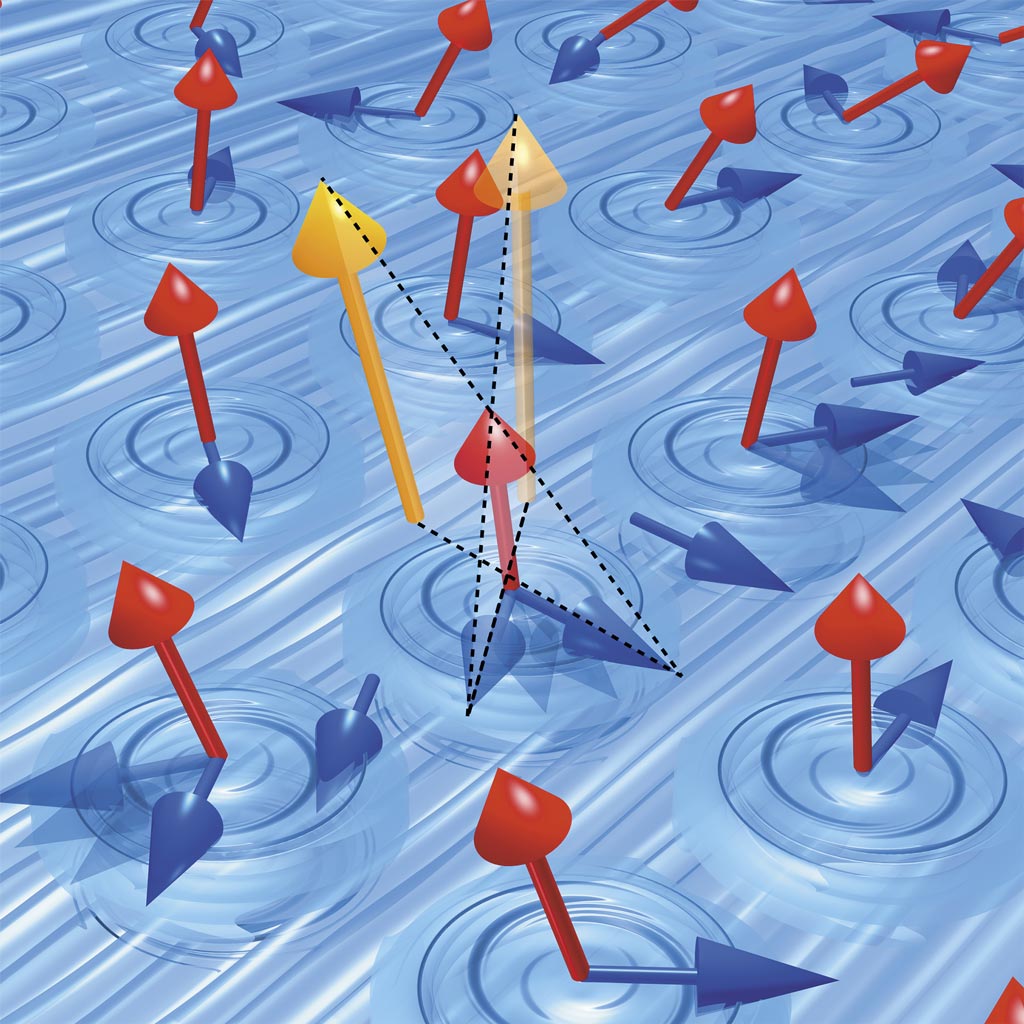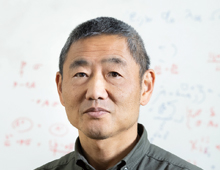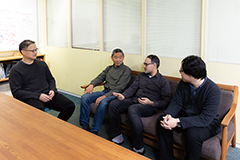| 1992 |
Doctor of Science, Department of Physics, Faculty of Science, University of Tokyo |
| 1992 |
Postdoctoral Fellow, The Department of Physics, Faculty of Science, University of Tokyo |
| 1994 |
Postdoctoral Fellow, The Institute of Physical and Chemical Research, RIKEN |
| 1996 |
Assistant Professor, Graduate School of Science, Osaka University |
| 2004 |
PRESTO, Japan Science and Technology Agency |
| 2005 |
Associate Professor, Graduate School of Science and Engineering, Tokyo Metropolitan University |
| 2012 |
Team Leader, Emergent Spintronics Theory Research Team, RIKEN |
| 2013 |
Team Leader, Spin Physics Theory Research Team, Quantum Information Electronics Division, RIKEN Center for Emergent Matter Science (-present)
Position name has been changed to Team Director as of April 1, 2025 |





